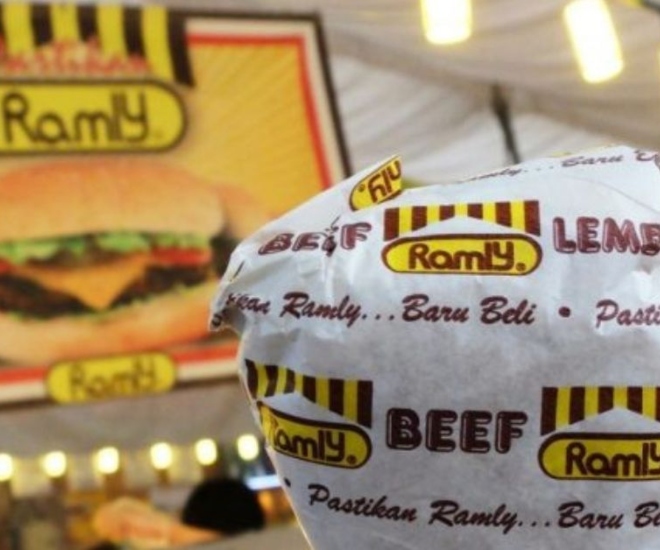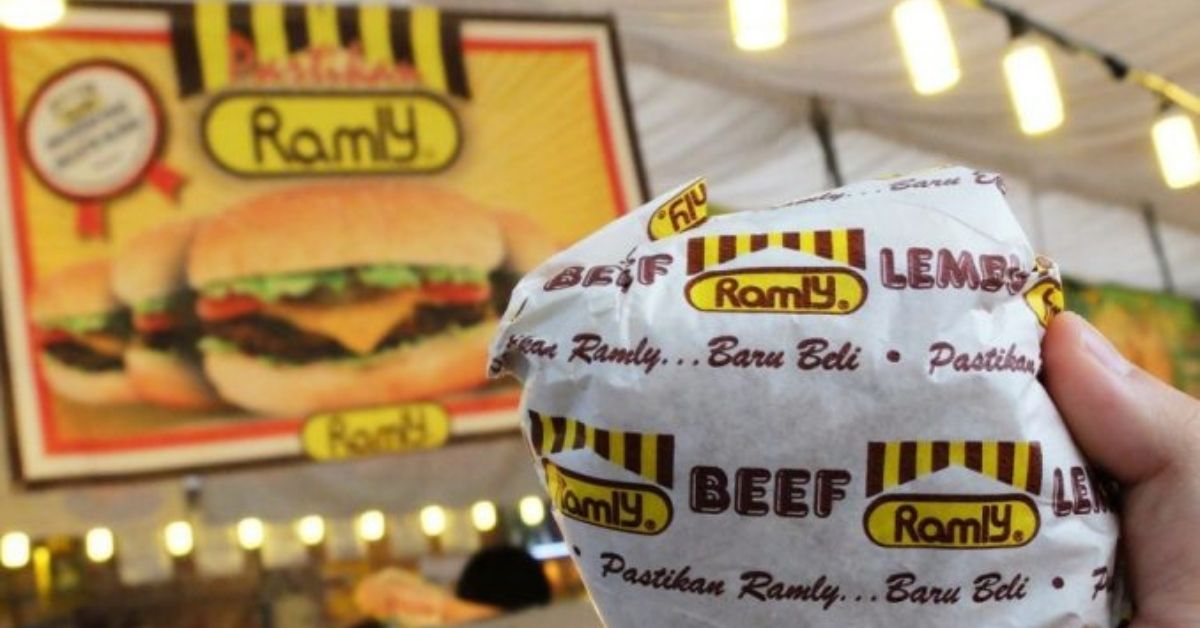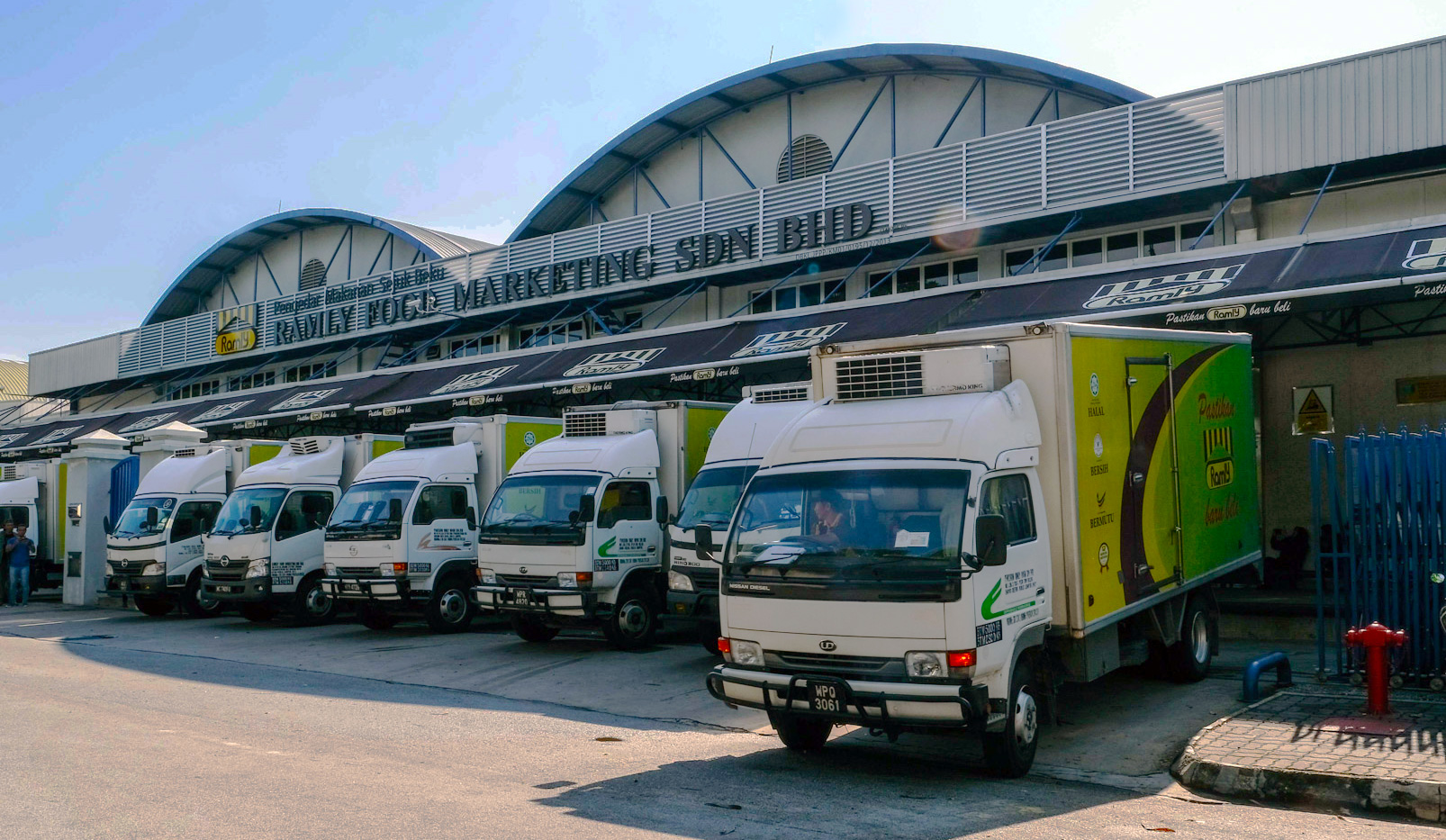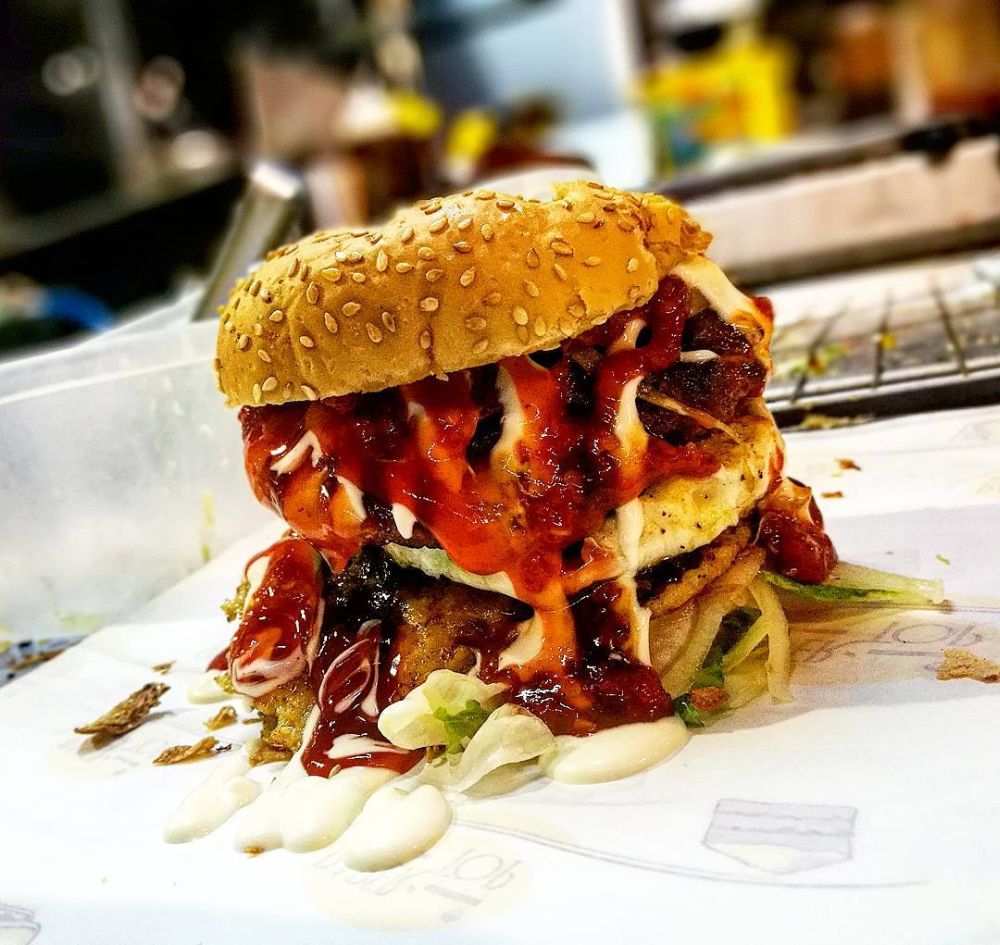

Building a Malaysian Food Empire
With its rich, signature patties covered in thick local sauces, The Ramly Burger business has long cemented its status as a staple of Malaysia’s street food scene, a supper go-to and an inter-generational favourite. In 2019, the brand’s annual sales had reached RM1 billion and plans were underway to invest over RM500 million to expand production capacity to 6 million patties a day — six times then the current output and sixty times more than the 100,000 patties produced daily when the business first began. Understanding this growth reveals just how integral the Ramly Burger has become to Malaysian culture.
From Humble Beginnings to Billion-Ringgit Business

Ramly Burger began as a small home operation in 1978 when Ramly bin Mokni and his wife, Shala Siah, started producing 200 burger patties a day in Kuala Lumpur. The idea emerged from a gap in the market for halal, locally made burgers at a time when most Malaysians were unfamiliar with Western fast food. Early growth was gradual, with initial sales limited as the product had to be adapted to local tastes. By opening a stall near Chow Kit and gradually expanding production to 3,000 patties a day, Ramly was able to establish a foothold in the local food scene.

Two years after starting, the couple formalised the business and in 1984 opened a 100,000-square-foot factory in Bandar Tun Razak. Within five years, they had reached maximum capacity, prompting an expansion to a three-acre facility in Batu Caves. This new factory allowed production to jump from 100,000 to 1 million patties a day and enabled the company to diversify its offerings to include nuggets, sausages, meatballs and other processed meats. In 2018, the group further increased capacity with a 5.6-acre factory in Pulau Indah, funded by syndicated loans worth RM 275 million from Agro Bank and Bank Pembangunan Malaysia. This initial success laid the foundation for the formal creation of Ramly Food Processing in 1984.
The Rise of Ramly Burger

Founded in 1984 by Dato’ Dr. Hj. Ramly Mokni and Datin Hajjah Shala Siah Abdul Manap, Ramly Food Processing began with the goal of producing high-quality halal products. From its plant in the SME Industrial Park, Kuala Lumpur, the company has grown into a diversified group with 10 subsidiaries spanning food production, marketing, logistics and retail. Central to the brand’s identity is its commitment to Halalan Thoyiba — ensuring that every product is permissible under Syariah law while also meeting strict standards of safety, cleanliness and nutritional quality. Despite modern advancements in processing technology, Ramly has maintained the traditional care and attention that defined its earliest products, reinforcing its reputation as a trusted household name.
Leveraging The Popularity of Halal Food

The rise of Ramly Burger also reflects a much larger global shift — the rapid expansion of the halal food industry. Valued at USD 2.99 trillion in 2025, the market is projected to reach USD 4.54 trillion by 2030, driven not only by the growing Muslim population but also by wider consumer demand for hygienic and ethically produced food certification that comes with a halal stamp. Increasingly, non-Muslim consumers are also turning to halal products for their quality assurance and traceability, pushing major retailers and food producers worldwide to prioritise halal certification. With Malaysia positioned as a regional key player in this ecosystem, brands like Ramly Burger sit at the intersection of cultural commerce and global opportunity, showing how a local food brand of humble beginnings can turn over a multi-million ringgit profit.
For more on the latest in regional economic and business reads, click here.

